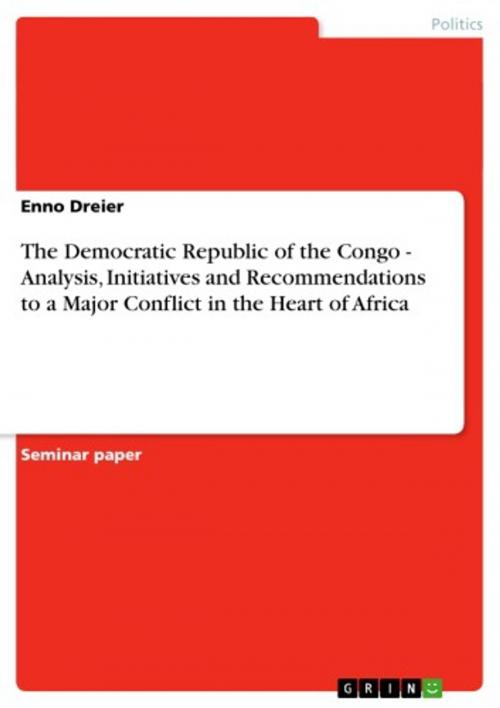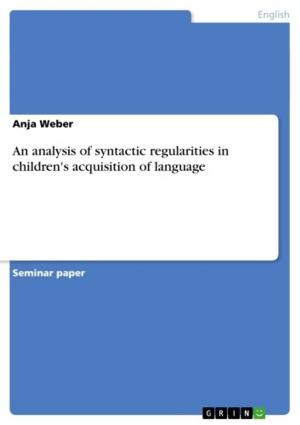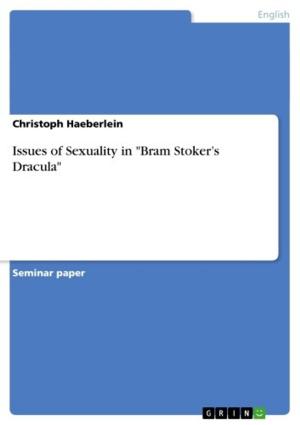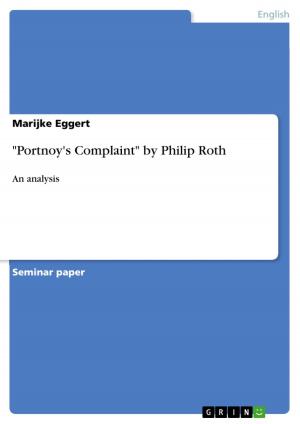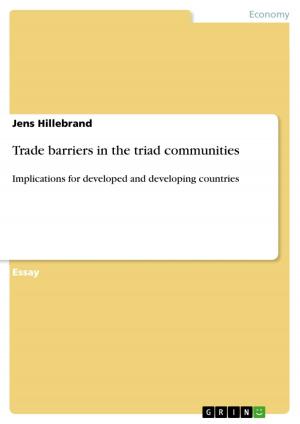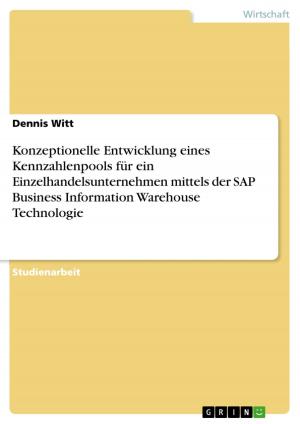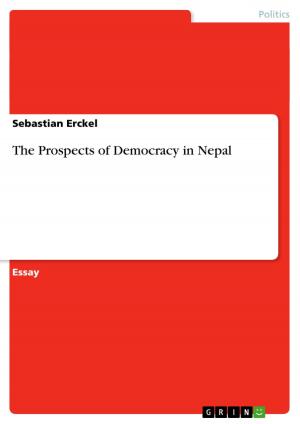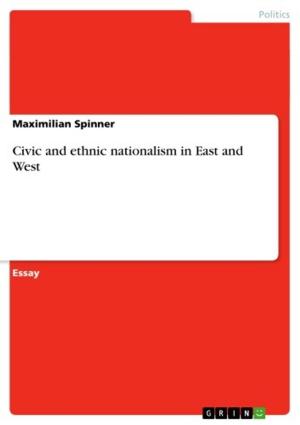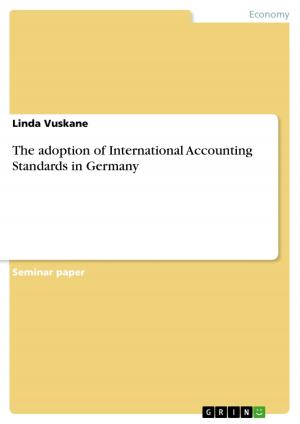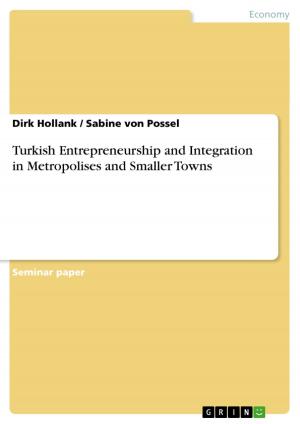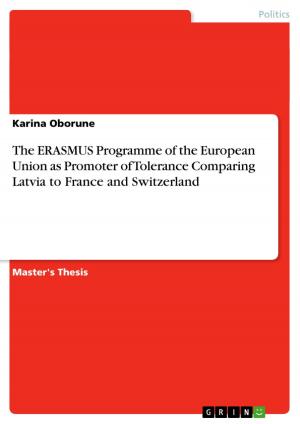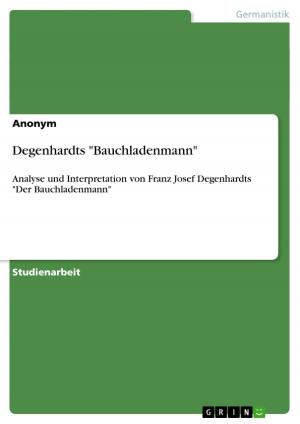The Democratic Republic of the Congo - Analysis, Initiatives and Recommendations to a Major Conflict in the Heart of Africa
Analysis, Initiatives and Recommendations to a Major Conflict in the Heart of Africa
Nonfiction, Social & Cultural Studies, Political Science, International, International Relations| Author: | Enno Dreier | ISBN: | 9783638250726 |
| Publisher: | GRIN Publishing | Publication: | February 4, 2004 |
| Imprint: | GRIN Publishing | Language: | English |
| Author: | Enno Dreier |
| ISBN: | 9783638250726 |
| Publisher: | GRIN Publishing |
| Publication: | February 4, 2004 |
| Imprint: | GRIN Publishing |
| Language: | English |
Seminar paper from the year 2003 in the subject Politics - International Politics - Region: Africa, grade: 1,3 (A), Stellenbosch Universitiy (Department of Political Science), course: Peace and Conflict Studies, 35 entries in the bibliography, language: English, abstract: To call the conflict in the Democratic Republic of the Congo (DRC) one of the most complex ones in history is no hyperbole. The involvement of up to 20 different parties and the various interests that occur might else be found only in the complexity of the 30 Years' War of 17 th century Europe. Indeed many parallels exist between these two wars except maybe the fact that the former one can be regarded as war of state-building while the war in the DRC can be regarded as a state-collapsing war (van Crefeld 1999: 223-251). Due to the number of African countries involved, the estimated loss of 2,000,000 lives (Tshiyembé 2003), the complex role of economy, and the mere size of the country, it seems sad but true that 'peace on the African continent cannot become a reality until there is peace in the DRC' (Guéhenno 2002: 78). When considering such a conflict it is crucial to analyze the root causes of the conflict, even if they lie in the past, because these are necessary for understanding and addressing the conflict. Therefore a large part of this report will deal with historic, economic and systemic analysis.
Seminar paper from the year 2003 in the subject Politics - International Politics - Region: Africa, grade: 1,3 (A), Stellenbosch Universitiy (Department of Political Science), course: Peace and Conflict Studies, 35 entries in the bibliography, language: English, abstract: To call the conflict in the Democratic Republic of the Congo (DRC) one of the most complex ones in history is no hyperbole. The involvement of up to 20 different parties and the various interests that occur might else be found only in the complexity of the 30 Years' War of 17 th century Europe. Indeed many parallels exist between these two wars except maybe the fact that the former one can be regarded as war of state-building while the war in the DRC can be regarded as a state-collapsing war (van Crefeld 1999: 223-251). Due to the number of African countries involved, the estimated loss of 2,000,000 lives (Tshiyembé 2003), the complex role of economy, and the mere size of the country, it seems sad but true that 'peace on the African continent cannot become a reality until there is peace in the DRC' (Guéhenno 2002: 78). When considering such a conflict it is crucial to analyze the root causes of the conflict, even if they lie in the past, because these are necessary for understanding and addressing the conflict. Therefore a large part of this report will deal with historic, economic and systemic analysis.
